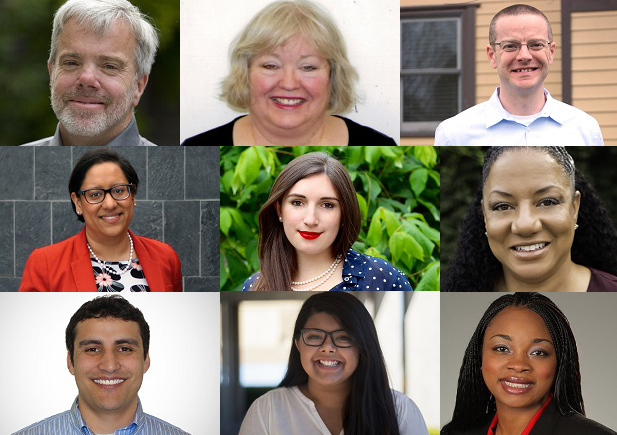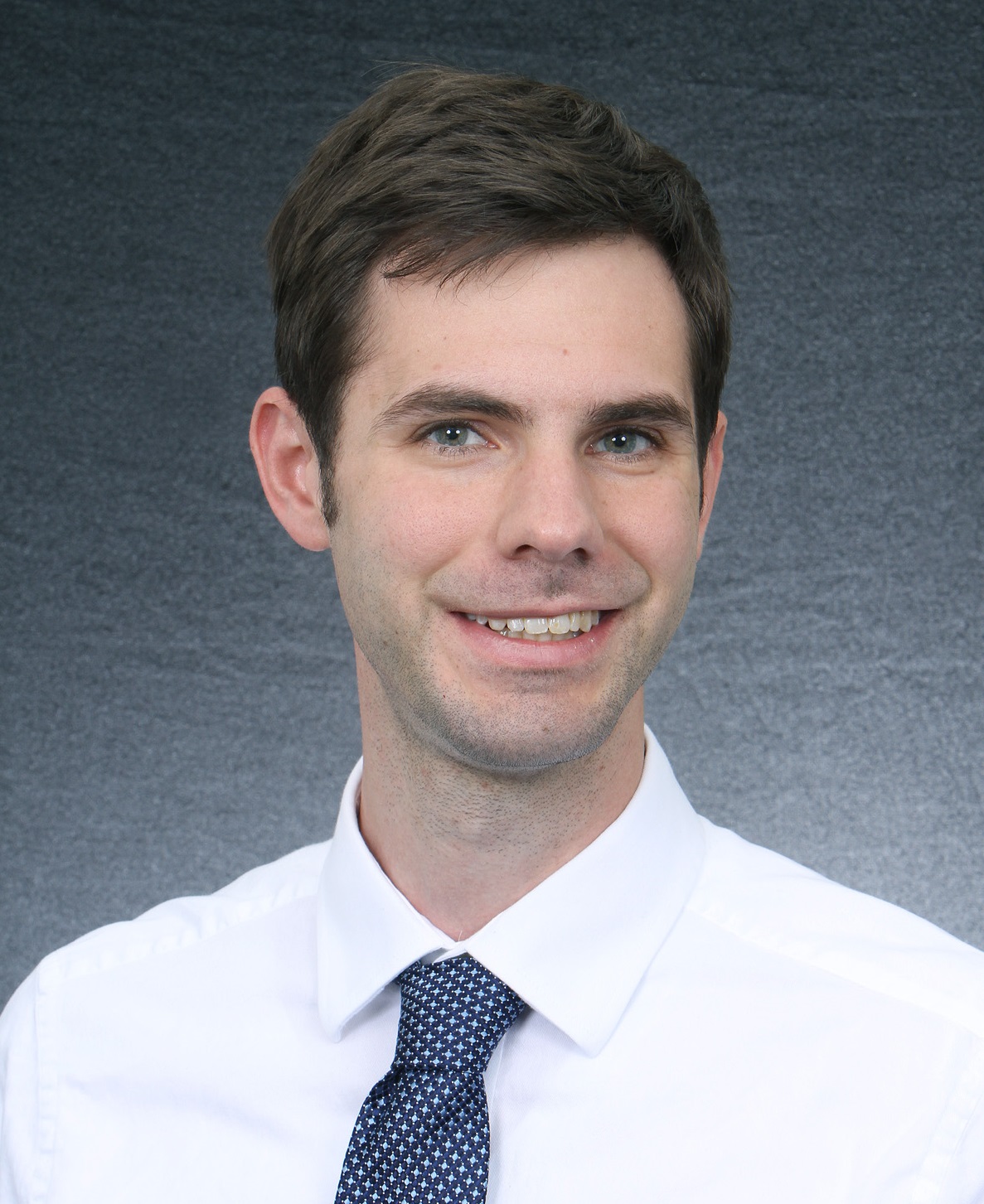The path of a college education isn’t always a straight one. This essay, written by Arlington, Va., native Alissandra Hipona as a college admission essay, shows how a seemingly unlikely process can feed a passion for knowledge – and higher learning.
At the age of 17, I found the idea of going to college both exciting and daunting. In high school, I was passionate about writing – contributing to and editing the school’s literary magazine, poring over my English assignments and encouraging my peers to express themselves in similar ways. I wanted to attend a top New York school for writing. My older sister had recently transferred to a school in Philadelphia to study graphic design, and we were the first college-bound generation in our family.
My parents had little to no knowledge of the process, but they wanted their children to experience a life in which they had more options. Going to college was a way for us to be exposed to the lush world of academia, something they had never experienced but felt was essential for our success and growth. I applied to a private New York school known for its writing program, several Virginia state schools and a private school in Baltimore. I was accepted into a couple of the Virginia schools and the Baltimore school. The Virginia schools were the most affordable, but I preferred the Baltimore school. Unfortunately, money was the deciding factor that prevented my attendance at the private school.
My parents were in that unfortunate spot, in a tax bracket where they made too much money for their children to be given any substantial financial aid, but not wealthy enough to pay for a private education out of pocket. I decided to attend a community college in Virginia with the hopes of transferring to a more prestigious school after completing my associate’s degree, while saving some extra money by living at home.
I watched my closest friends leave for colleges in New York, California and Massachusetts. At Northern Virginia Community College, I was pleased to find a catalog of challenging classes mixed in with the standard core classes that applied directly to what I wanted to study and learn: creative writing. Though I began my higher learning pursuit with zeal, I soon found myself suffering from malaise. Maybe it was my teenage lack of motivation that should be blamed, or the fact that American society pushes its children to rush into college the minute they graduate from high school (hardly at a maturity level to begin adult lives), lest they face a life of insufficiency and tedium.
I presented my dilemma to my father. I told him I was bored living at home while all of my friends were out exploring the world and enjoying the pulse of busy cities. Maybe college wasn’t for me. Perhaps one didn’t need a certificate to prove that she was creative and talented and intellectually capable. I wanted to live and experience something more visceral and exciting than what I was getting inside a classroom. I told him I was moving to New York City to pursue a dream that I couldn’t even really pinpoint. I told him I wanted to explore the cadence of the city streets and leave behind my boring suburban life. I’m sure this broke his heart, but he supported me fully and told me he would help me.
A few months later, I was driving north with one of my best friends to begin a new chapter of my life. I arrived in the city and was shocked by the culture, excitement and the seemingly tangible energy I encountered. I was lucky to find shifts working at multiple coffee shops, making enough money to pay my cheap (by New York standards) rent. I told myself that I would apply to schools for the fall.
Though I was writing less and less, I was experiencing more and more. Soon I began to think that maybe I wasn’t as interested in writing as I thought. I continued on a path of self-education through my relationships with other people and through reading and studying literature.
By age 19, I was ready to return to a more structured form of learning. I was researching schools – technical schools, colleges once again, and various creative projects and outlets. I had always been partial to cutting my own hair since I was young. I was drawn to the creative aspect of cutting hair, because it was an extremely visual task with a technical foundation. Hairstyling is the child of geometry and art. I learned about a well-known school in the SoHo district of the city, where I could study for a year to earn my cosmetology license.
When I told my family and friends of my new creative venture, some were highly supportive and told me I should follow my urge to better myself at something to which I was naturally inclined. Others were surprised and expressed objection and distaste for my entering what seemed to them a shallow profession. But the idea of perfecting a creative skill, and then capitalizing on it, seemed extremely practical to me.
In cosmetology school, I met some of the most interesting, captivating and intelligent people I could ever hope to know. I was learning alongside chefs, parents, pharmacists, Ph.D. students, artists of all sorts, former dancers, visual consultants for fashion houses, and other people who had no more than a high school education. We were a mixture of people preparing for our first, second and sometimes third careers.
The good reputation of the school was extremely helpful in job placement after I graduated. Before I had even completed my hair school studies, I embarked on a three-year apprentice program at various salons in New York. I was constantly inspired by people around me.
I once worked for a man named Michael who owned a salon in the meatpacking district who had traveled to Cambodia to make a photo documentary of the country’s cultural landscape. He traveled for two weeks at the invitation of Sochua Mu, a former Cambodian Parliament member and human rights advocate. While there, he photographed young girls and women who had suffered the agonies of the sex trafficking industry and had been displaced to various rehabilitation camps.
Michael taught me many valuable skills about my trade that I still use today, but I think more importantly he taught me that helping other people around the world in a substantial way is not outside of my personal reach. He was a full-time hair stylist who used the network of his clientele and his personal means toward humanitarian undertakings. He was the first person to show me that the people in a cold and oftentimes superficial industry can still be involved and active in addressing global projects.
Almost five years into my career as a stylist, I’m working at a small salon in Williamsburg, Brooklyn, that I helped to open, living in Greenpoint, Brooklyn, and feeling somewhat restless. My job exposes me to many different types of people with a wide spectrum of lifestyles. I feel lucky to be able to interact with such interesting people, and to gain insight into their lives.
What is missing in my career is helping others in a more substantial, big-picture way – the way Michael did it. I recently had enough money to fund a month-long trip to Europe. In my travels, I met many people who challenged my views on the politics of the world, and especially of the United States. As an American traveling abroad I was met with many challenges and negative assumptions about my knowledge of world history. I was deeply inspired and changed by the cities, the histories and the people I encountered. My trip sparked a desire to return to a personal place of constant learning and discovery.
I think an understanding of different societies and cultures builds an appreciation for and understanding of our own. I am inspired to take action, just as my former mentor did, in exploring other countries and focusing my humanitarian interests abroad. I want to study language, media, politics and world affairs. While I find the workings and issues of our country very interesting, I feel that countries lacking such an advanced infrastructure as that of the United States are in great need of aid. I would like to learn ways to help build new democracies and infrastructures in developing countries. In order to change a place experiencing disorder, I would find it necessary to start from a very basic level, to oppose injustices. I would also like to explore the sway the media have on the public’s reactions to global injustices, because the media have a responsibility to bring inequities to the attention of the public.





























